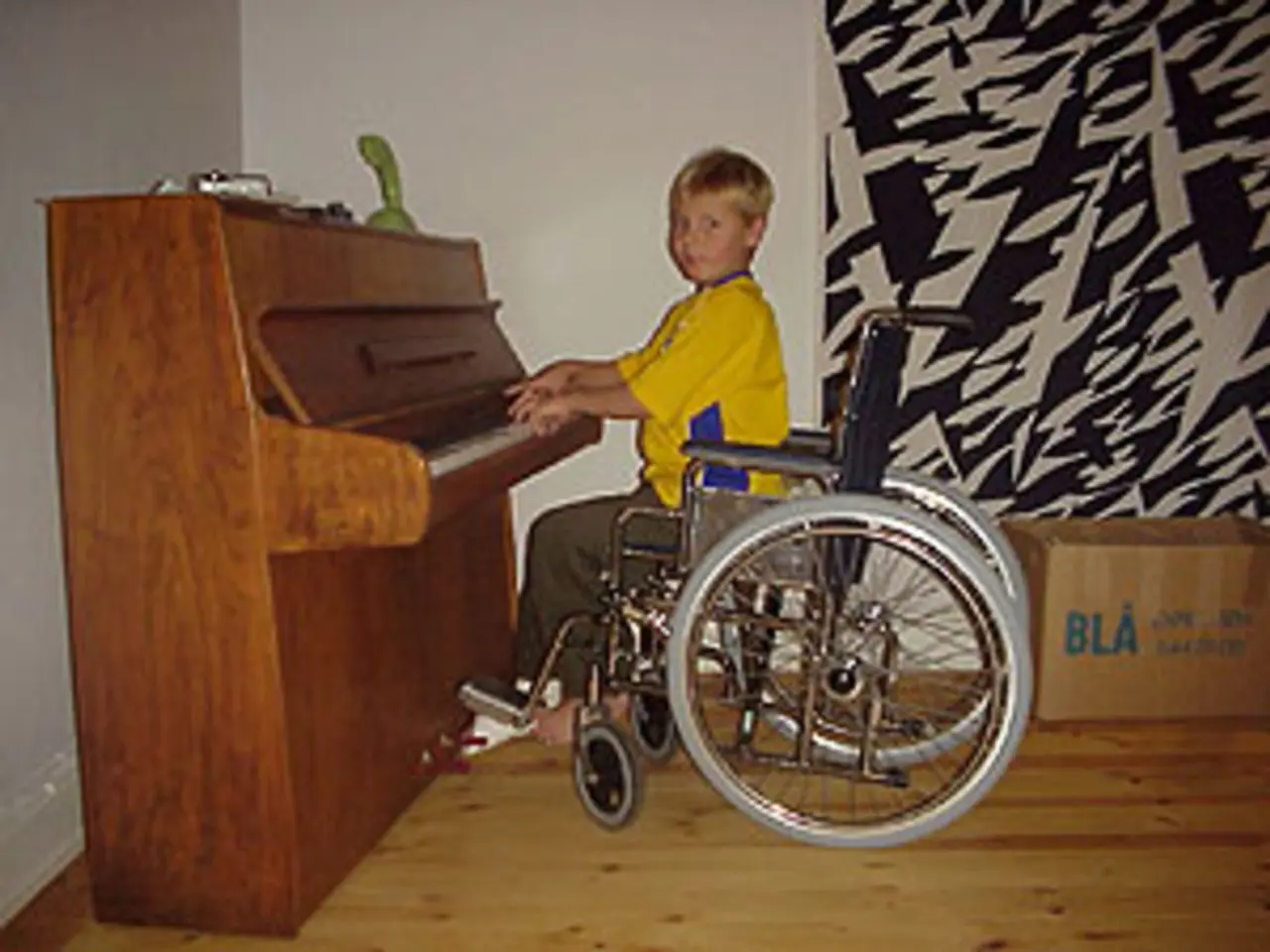Early Signs of Autism: Crucial for Timely Support
Autism Spectrum Disorder (ASD) is a neurodevelopmental condition that can be identified from infancy. Early signs often include difficulties in social communication and interaction, along with repetitive behaviours. Early identification is crucial for supporting children with ASD.
The Diagnostic and Statistical Manual of Mental Disorders (DSM-5) categorises ASD symptoms into two: problems with social interactions and communication, and repetitive or restricted behaviours. These signs often appear in infancy or early childhood and persist throughout life. Typical early signs include delayed or uneven language development, reduced joint attention, fewer gestures integrated with words, and repetitive speech patterns like echolalia.
Developmental screenings, including specific ASD screening at well-child visits at 18 and 24 months, can help identify ASD early. While there's no cure, various treatments aim to decrease symptoms and improve quality of life and functioning. Symptoms can include problems making or maintaining eye contact, not responding to one's name, and difficulties with play.
ASD affects how individuals perceive and interact with others and their surroundings. Early identification is vital, as support strategies started early can significantly improve a child's quality of life and functioning. If you notice any of these signs, consult a healthcare provider for a professional evaluation.







